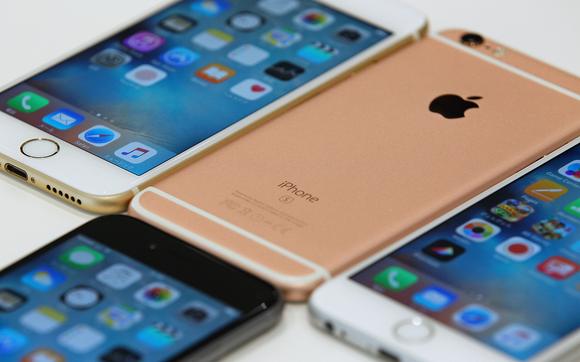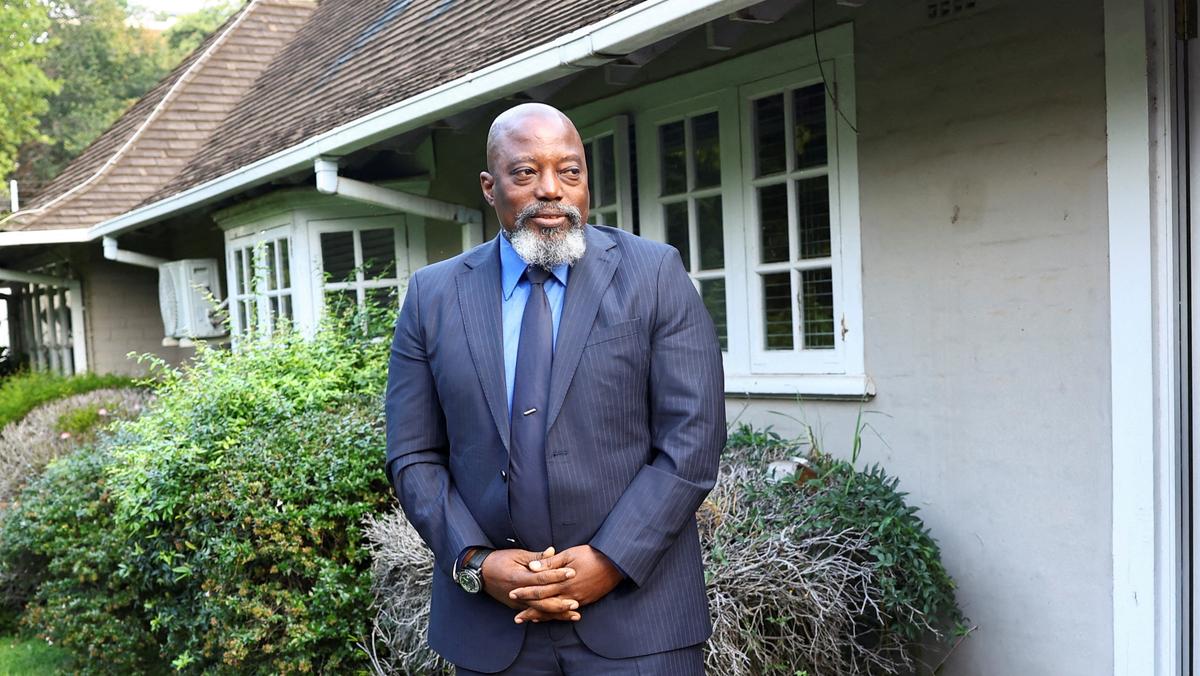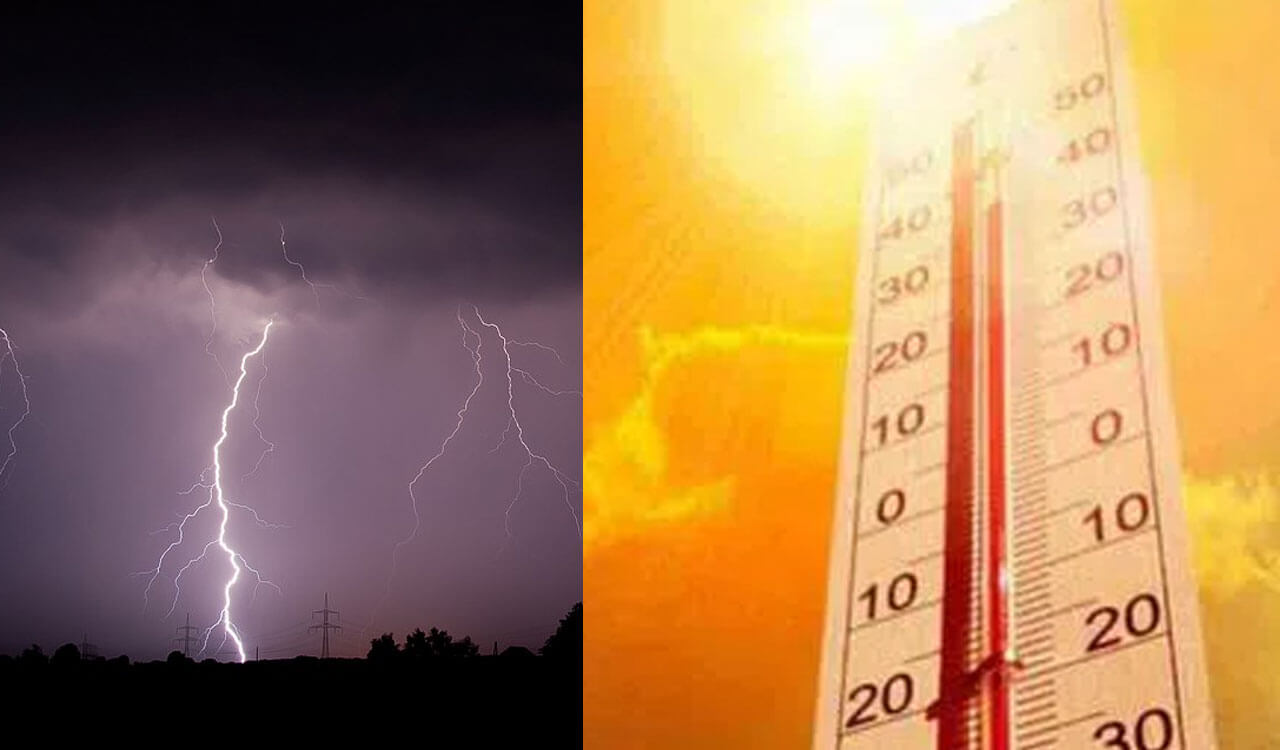Apple has ordered 70m units of OLED panels
Thu 06 Apr 2017, 11:51:48

Apple has placed orders for bendable organic light-emitting diode (OLED) panels with Samsung Electronics for use in 70 million handsets this year, sources told Nikkei Asian Review. The large order suggests that Apple expects its new premium iPhone 8 to be launched late 2017 to fly off the shelves.
A supply chain source familiar with iPhone designs revealed the size of the order, which was in line with an estimate by David Hsieh, senior director at research company IHS Markit. It will be the first time Apple adopts a curved OLED screen for its iPhones, marking a major overhaul and generating high expectations for the model.
"Apple has ordered 70 million units of OLED panels from Samsung this year, while Samsung is preparing to churn out as many as 95 million for Apple in 2017, in case demand exceeds expectations," Hsieh said.
He says Samsung will be the sole OLED supplier to Apple as it has the most advanced technologies in this field. "It is also possible that some of these 70 million handsets will not be shipped to customers this year and be carried over to next year depending on demand," Hsieh added.
Samsung Electronics declined to comment, saying it cannot reveal
customers' orders.
customers' orders.
Apple is expected to launch three iPhone 8 models for the handset's 10th anniversary. The premium iPhone 8, which is believed will cost more than $1,000, will sport a slightly curved OLED screen. That panel is expected to have a screen of 5.2 inches.
The other two handsets, measuring 4.7 inches and 5.5 inches, will adopt existing liquid crystal display technology without curved screens.
Market watchers and industry sources are expecting a record year for Apple due to growing hype for the upcoming iPhone. Jeff Pu of Taipei-based Yuanta Investment Consulting estimates that Apple can ship as many as 100 million new iPhones this year, and at least 55 million will be OLED handsets.
The industry source familiar with iPhone design says all three handsets will come with wireless charging functions, although suppliers are still trying to resolve overheating issues. They will also be waterproof, according to the source.
The person says that at least one model will carry a 3-D sensor that allows facial recognition as part of new biometric features. The premium handset will have no home button while the other two will retain the feature, the person says.
No Comments For This Post, Be first to write a Comment.
Most viewed from International
Most viewed from World
AIMIM News
Latest Urdu News
Most Viewed
May 26, 2020
Do you think Canada-India relations will improve under New PM Mark Carney?
Latest Videos View All
Like Us
Home
About Us
Advertise With Us
All Polls
Epaper Archives
Privacy Policy
Contact Us
Download Etemaad App
© 2025 Etemaad Daily News, All Rights Reserved.

.jpg)
.jpg)


















.jpg)
.jpg)
.jpg)
.jpg)

















